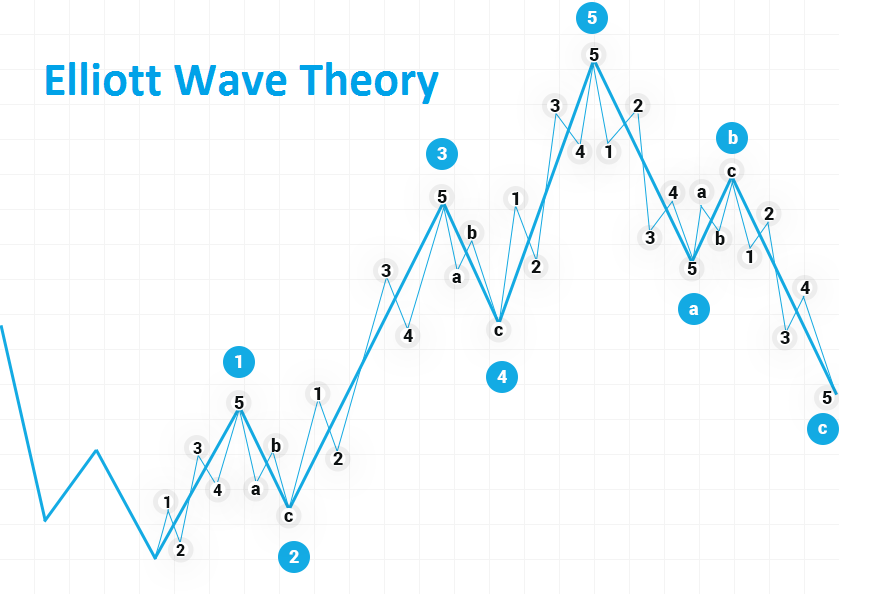SPREAD
What is Spread ?
The spread is the difference between the price you can buy and the price you can sell. The purchase price is always higher than the sale price at any given time. In other words, if you buy a futures contract and sell it immediately, you will incur a loss equal to the spread. Let's take an example … Suppose the "Supply Size" at this time is 252, which means that buyers are willing to buy a total of 252 contracts at the price of 1984.75. Also, when looking at the number of sellers, we found that the "font size" was 19, which means that there are sellers willing to sell a total of 19 contracts at 1985.00. The spread is the difference between these two prices. In this case, the spread is just a minimum price increase or "tick", which is normally the case with liquid futures contracts. However, when you look at the quotes for a stock or currency, there is almost always a greater gap, with a greater number of prices, between the highest bid and the lowest demand. In this example, if you are buying a contract and you want to be sure that your order will be fulfilled, you must cross the margin and pay the lowest selling price of 1985.00. While this ensures that your order is executed, many traders (such as those seen in price quotes) are more interested in the price at which their order is executed and therefore prefer to place limit orders. Their orders may or may not be filled, but when they do, they don't have to pay the margin. For OTC derivatives markets (such as Forex or Contracts for Difference), the person you are buying or selling from is always your broker, and either reducing the price they are buying from you or increasing the price she is buying at, you will sell, they are able to control the spread. In these financial instruments, the margin can be widened at the discretion of the broker (although he can choose not to trade at the prices offered). In this way, the broker can benefit from the spread.
Advantages of Spread TradingTraditional trading requires minimal trading fees or contract sizes. With financial margin trading, you can determine the size of the bet you want to trade. For example, if you are trading the London FTSE 100 index, the minimum contract size for futures is around £ 10 per point. With a spread betting provider, you can trade the same index for pennies per point.
Part of the spreads can be made on credit. Depending on your experience and financial situation, many financial bookmakers offer you a credit account that completely eliminates the need to deposit business capital. I do not recommend it for beginners.
You can close the bet any time your margin trading company is open. Some financial bookmakers offer 24-hour trading opportunities. The amount you win or lose is determined by the current margin, which may be different from when the bet was opened.
Disadvantages of Spread Trading
Betting on spreads is not without risk and you may be risking more than your initial deposit. There are some downsides that you need to consider and understand before you start trading. There are also several downsides to betting distribution that you should be aware of:
You don't actually have a fortune on margin betting. For most people, this is not a problem because it all depends on how much profit you can make.
Losses can be higher than traditional stock trading, but your risk profile is similar to futures trading. This means that if you are careless, you could lose thousands more than your initial deposit if things turn out drastically against you. By setting your stop loss limits wisely, you can prevent this from happening.
If you like day trading this can be time consuming as you will spend a lot of time searching for the correct entry and exit points best Forex Trading company. However, you can set an open order for your trade to open at a certain level, and you can also set a limit order to close your trade when the markets reach a certain level, thus securing your profits. This allows you to spend much less time monitoring your positions when you need to go to work. Read More.



Comments
Post a Comment